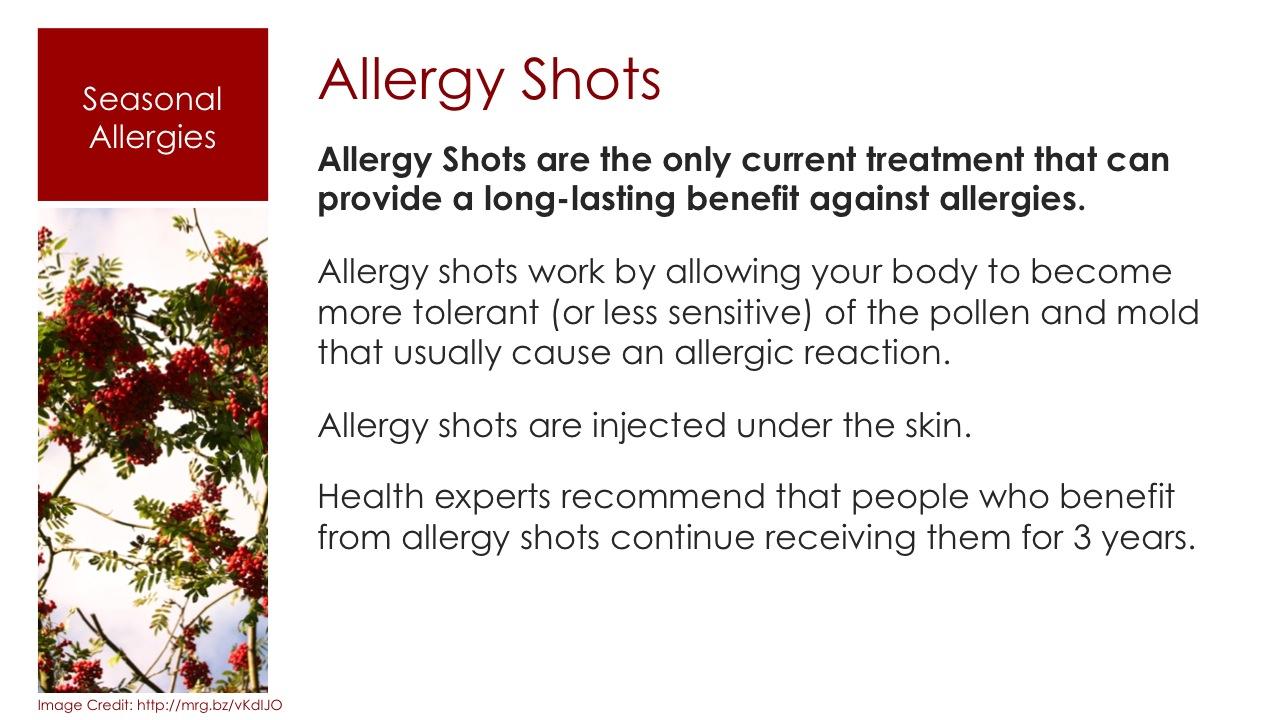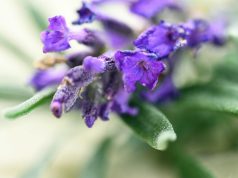As the seasons change, many of us find ourselves battling the familiar and frustrating symptoms of seasonal allergies. Sneezing, itchy eyes, and congestion can turn a beautiful spring day into a struggle. While over-the-counter medications offer relief, they often come with unwanted side effects. For those seeking a more holistic approach, natural treatments can provide effective and gentle alternatives. In this article, we will explore some of the best natural remedies that can help alleviate your allergy symptoms, allowing you to enjoy the beauty of each season without discomfort. Whether you are a long-time sufferer or experiencing allergies for the first time, these empathetic and instructive insights aim to guide you towards a more comfortable and balanced life.
Understanding Seasonal Allergies and Their Triggers
Seasonal allergies, often referred to as hay fever, are immune responses triggered by exposure to allergens like pollen, mold spores, and dust mites. These allergens can cause a range of symptoms, from sneezing and itchy eyes to more severe reactions like sinus pressure and headaches. Understanding what triggers your allergies is crucial for managing them effectively. Here’s a closer look at some common triggers and their impact:
- Pollen: One of the most common culprits, pollen levels tend to rise in the spring and fall, affecting those with tree and ragweed allergies.
- Mold Spores: Mold thrives in damp, warm conditions and can be found both indoors and outdoors, especially after rain.
- Dust Mites: These tiny creatures live in household dust and can trigger symptoms year-round but often worsen during humid months.
| Allergen | Peak Season |
|---|---|
| Tree Pollen | Spring |
| Grass Pollen | Summer |
| Ragweed Pollen | Fall |
| Mold Spores | After Rain |
By recognizing these triggers, you can take proactive steps to minimize exposure. For instance, keeping windows closed during high pollen seasons, using dehumidifiers to reduce indoor mold, and regularly cleaning your home can help alleviate symptoms. Remember, being informed is your first line of defense in managing seasonal allergies.

Identifying Natural Remedies to Soothe Allergy Symptoms
For those seeking a more holistic approach to managing seasonal allergies, nature offers an array of soothing remedies that can be both effective and gentle. Embracing these alternatives might not only provide relief but also enhance your overall well-being. Here are some natural remedies to consider:
- Local Honey: Consuming local honey is believed to help your body adapt to the allergens present in your environment, acting like a natural vaccine.
- Herbal Teas: Sipping on herbal teas such as peppermint or chamomile can help reduce congestion and soothe irritated throats.
- Quercetin-Rich Foods: Found in foods like apples, berries, and onions, quercetin is a natural antihistamine that may help alleviate allergy symptoms.
Additionally, you might find relief by incorporating certain practices into your daily routine. Consider trying:
| Practice | Benefit |
|---|---|
| Neti Pot | Flushes out nasal congestion and allergens from your nasal passages. |
| Essential Oils | Oils like eucalyptus or lavender can open airways and reduce inflammation. |
| Probiotics | Strengthen your immune system, potentially reducing allergic reactions. |
Remember, while these remedies can provide relief, it’s important to consult with a healthcare professional, especially if you have severe allergies or are taking other medications.

Practical Tips for Incorporating Natural Treatments into Your Routine
Incorporating natural treatments into your daily routine for managing seasonal allergies can be both simple and effective. Here are some practical tips to help you get started:
- Start Your Day with a Herbal Tea: Begin each morning with a cup of peppermint or ginger tea. These herbs are known for their anti-inflammatory properties and can help reduce nasal congestion.
- Use Essential Oils Wisely: Diffuse essential oils such as eucalyptus or lavender in your home. They can help open up airways and promote relaxation. Remember to test a small amount first to ensure you’re not sensitive to them.
- Boost Your Diet: Include foods rich in omega-3 fatty acids like flaxseeds and walnuts. These can help reduce inflammation and support your immune system.
- Stay Hydrated: Drinking plenty of water helps thin mucus and keeps your throat moist, making it easier to manage symptoms.
To make these tips even easier to follow, here’s a simple table outlining a weekly plan to incorporate these practices:
| Day | Activity |
|---|---|
| Monday | Start with ginger tea; Diffuse lavender oil |
| Wednesday | Enjoy a peppermint tea; Add walnuts to your breakfast |
| Friday | Diffuse eucalyptus oil; Hydrate with lemon water |
By gradually integrating these natural remedies, you can create a balanced routine that helps alleviate allergy symptoms and enhances your overall well-being.

Creating a Personalized Allergy Management Plan for Lasting Relief
Finding lasting relief from seasonal allergies involves more than just addressing symptoms as they arise. It requires a tailored approach that considers your unique triggers and lifestyle. Start by identifying specific allergens that affect you the most, such as pollen, dust, or pet dander. Once you know what to avoid, you can create a plan that integrates natural treatments effectively into your daily routine.
- Dietary Adjustments: Incorporate anti-inflammatory foods such as leafy greens, nuts, and seeds. Consider reducing dairy and sugar, which can exacerbate symptoms.
- Herbal Remedies: Try herbal supplements like butterbur or stinging nettle, known for their natural antihistamine properties.
- Nasal Rinses: Use saline solutions or neti pots to clear allergens from nasal passages, providing immediate relief and reducing symptoms.
| Natural Treatment | Benefit |
|---|---|
| Local Honey | May help build immunity to local pollen |
| Quercetin | Helps stabilize mast cells to prevent histamine release |
| Probiotics | Supports immune system and gut health |








































